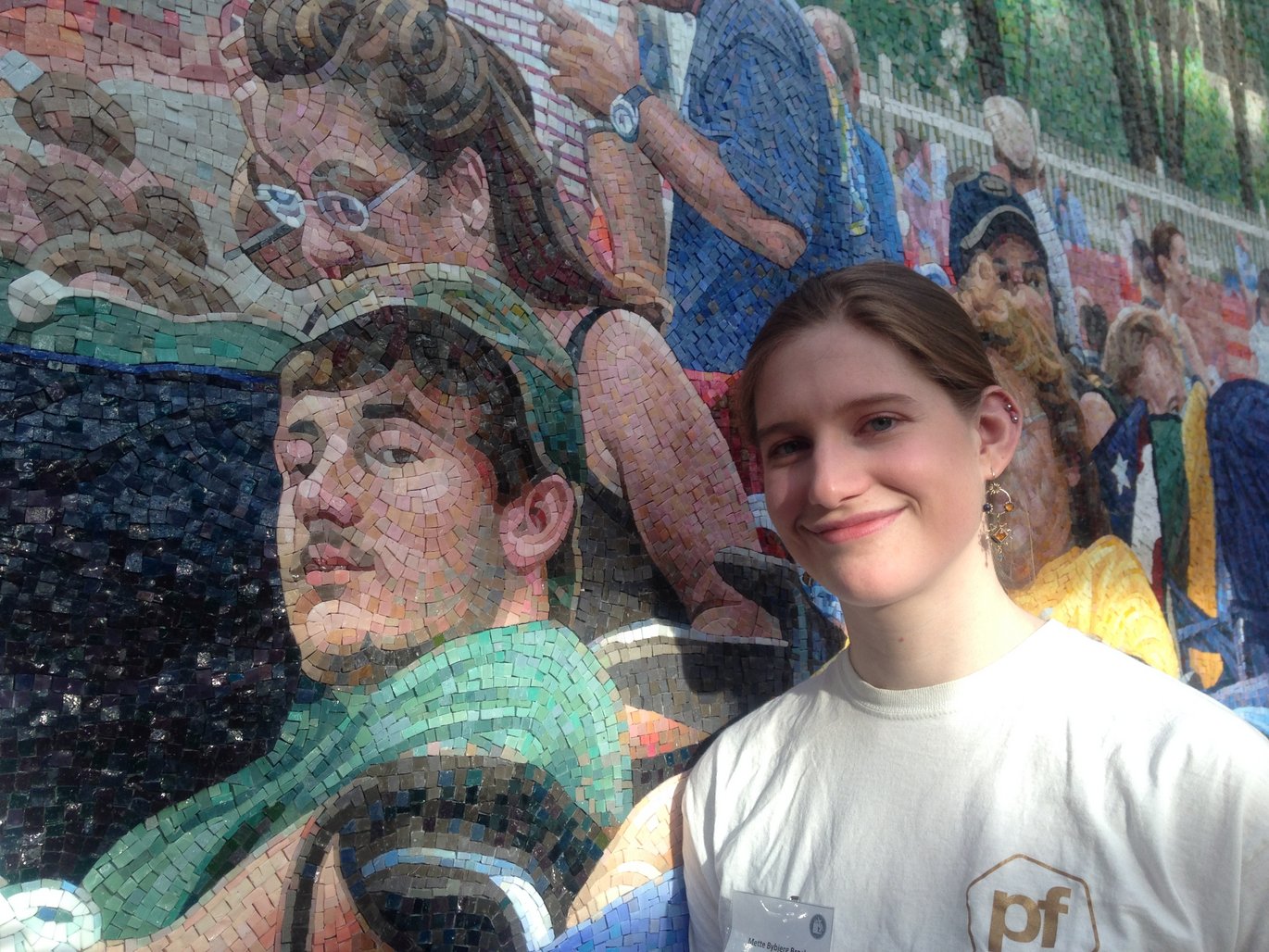Students must have more contact with researchers
For universities to continue to educate critical, competent and creative graduates, students must have greater access to researcher-based – not just research-based – teaching, according to the Royal Danish Academy of Sciences and Letters. A recommendation which applies even though the universities have increased their enrolment.

To develop creative solutions to global problems, society needs well-educated university graduates. And to ensure the quality of university education, researchers need to play a more central role in university courses. It’s not enough for university degree programmes to be research-based.
“Instead, we need researcher-based teaching, so that the people teaching the students are also producing the research. This is how we get well-educated, independent students who’ve been vaccinated against fake news and alternative facts,” explained Liselotte Højgaard, chair of the Research Policy Committee, at the annual research policy meeting at the Royal Danish Academy of Sciences and Letters on 6 March. Minister for Higher Education and Science Søren Pind (Danish Liberal Party) participated in the annual meeting as well.
The Royal Danish Academy of Sciences and Letters is an illustrious and quite ancient society. Founded in 1742, the Academy’s objective is to support science and letters in Denmark, promote interdisciplinary understanding, advise public institutions and participate in international collaboration.
Five recommendations to strengthen teaching at the universities
‘Researcher-based teaching at the universities’ was the theme of this year’s annual meeting, at which the Academy presented five recommendations for strengthening university teaching, as well as for improving the universities’ capacity to contribute solutions to both national and international challenges. For example, contributing to reaching the UN’s 17 global targets for sustainable development.
The first of the Academy’s recommendations is closer contact between researcher and students. According to the Academy, the argument in favour of this is that “it is the individual, the researcher, who communicates knowledge based on his/her own and others’ research. This transmission of knowledge from researcher to student has been taking place at good universities for almost a thousand years. Not in the form of one-way communication, but in the form of a genuine academic dialogue between student and teacher.”
Lower student/teacher ratios
FACTS
Royal Danish Academy of Sciences and Letters Annual Meeting 2018 White Book:
- Den forskerbaserede uddannelse på universiteterne (Researcher-based education at the universities)
The Academy also recommends a reduction in student/teacher ratios, which would improve relationships between students, professors, associate professors and assistant professors. This could be achieved either by reducing the number of students or by hiring more academic staff. The academic environment at the universities should also be improved by incorporating new forms of learning where appropriate, the Academy recommends.
The over-management of the universities must end
The Academy also has a recommendation which bears on the structural aspects of the universities’ situation: what the Academy describes as the micromanagement of the universities by agencies and ministries. This over-management must end, argues the Academy.
More funding for research
Finally, the Academy makes the point that we need excellent universities in Denmark in order to compete globally, and the necessary funding must be allocated by the government. According to the Academy’s estimate, it’s necessary to invest 1.35 per cent of GDP in public-sector research.
This recommendation is in line with both the Confederation of Danish Industry and CO-Industri (the Central Organisation of Industrial Employees in Denmark), which recommend an even higher public research investment of 1.5 per cent of GDP in the publication Forskning for fremtiden (Research for the future). The government currently allocates 1 per cent of GDP to research, which corresponds to DKK 17 billion annually.
Students’ perspectives included for the first time
For the first time ever, the Royal Danish Academy of Sciences and Letters included students’ perspectives on the theme of this year’s annual meeting. Mette Bybjerg Brock, a physics and nanotechnology MSc student at the Technical University of Denmark (DTU), is one of six students who were invited to contribute their perspective in the development of the Academy’s five recommendations. She was also invited to speak at the annual meeting.
Brock stresses that the five recommendations must be understood in context. When asked which recommendation she thinks is most important, she replied:
“As a student, the most important recommendation is researcher-based teaching, which means that students work more closely with the researchers, the people with the latest knowledge. I don’t believe that you can contribute to generating new knowledge if you don’t experience how researchers arrive at their results. You have to see it take place first-hand in order to continue to build on that knowledge. What’s more, close contact with researchers teaches you critical thinking, how to perform scientifically controlled experiments, problem-solving and good scientific practice.”
Other issues students contributed to the discussions which resulted in the Academy’s five recommendations include feedback from teachers, the value of committed teachers – which cannot be underestimated – and the desire and ability to teach as criteria for hiring academic staff.
Translated by Lenore Messick

